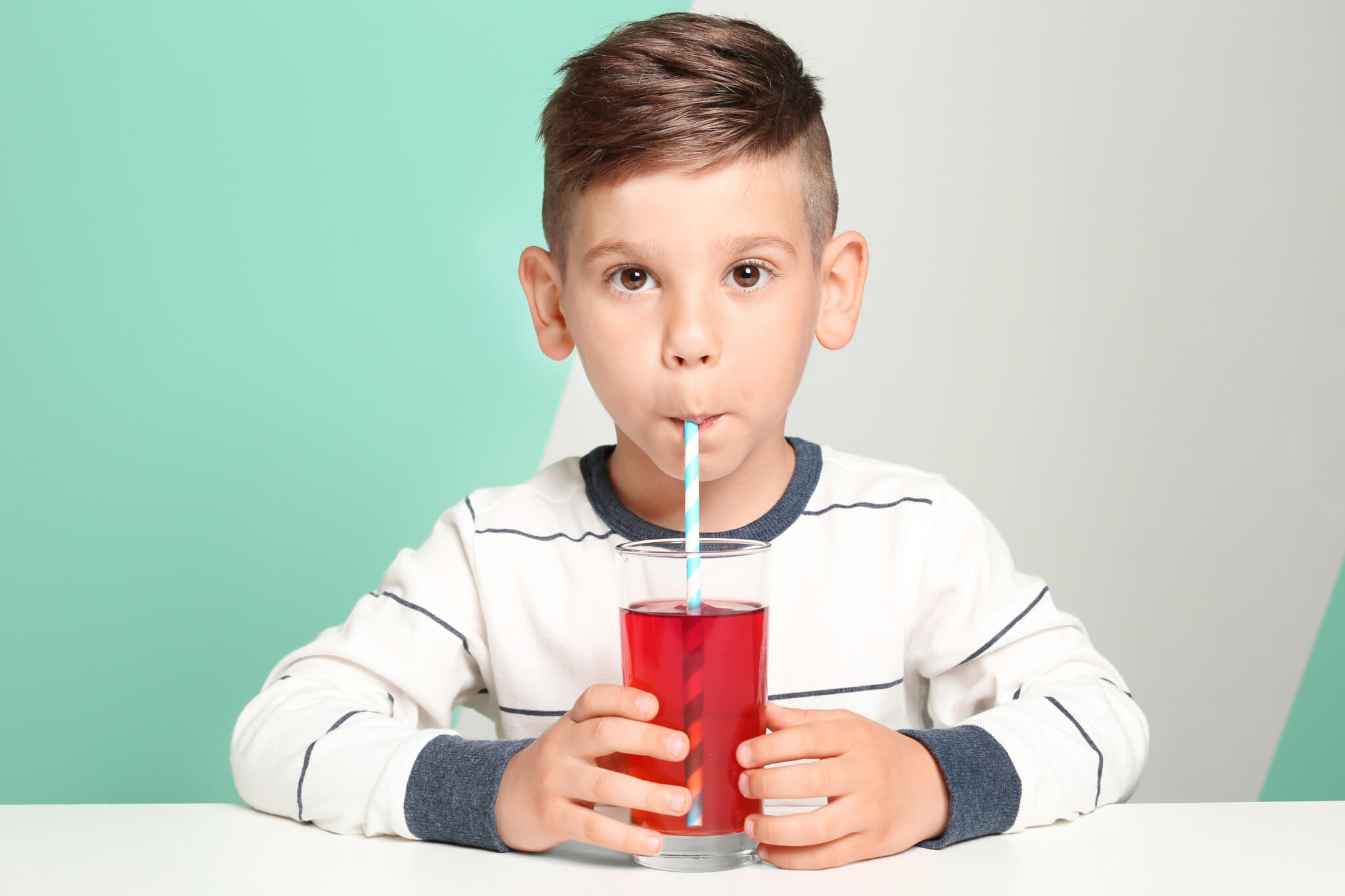🔑 Key Findings:
- Fruit juice often lacks the fiber that people get from eating real fruit
- These beverages are also high in sugar, contributing to weight gain
- Researchers say fruit juice still has benefits, making moderation key
TORONTO, Ontario — Fruit juice at the grocery store may seem like the healthy choice but is it secretly leading to obesity? Researchers in Canada examined the complex relationship between “100% fruit juice” consumption and weight gain, offering insights that might prompt a rethink of dietary guidelines. When it comes to answering whether fruit juice is healthy or unhealthy, researchers from the University of Toronto came to one conclusion: it’s complicated.
Fruit juices, often seen as a convenient way to meet daily fruit needs, are packed with vitamins, antioxidants, and polyphenols – beneficial compounds found in whole fruits. Unlike whole fruits, however, these juices lack fiber, leading to concerns about their role in weight gain, especially given their high sugar content. This study aimed to clear the confusion surrounding 100% fruit juice and its impact on body weight.
Researchers conducted a systematic review and meta-analysis, following rigorous methods to ensure comprehensive and unbiased results. They sifted through numerous studies, focusing on those that met strict criteria, such as being at least six months long for cohort studies and at least two weeks for randomized clinical trials (RCTs). The analysis was thorough, considering various factors like age groups, types of juice, and total energy intake.
For children, the study found a small but significant link between fruit juice consumption and BMI increase, with younger kids showing a more pronounced effect. The findings suggest that while fruit juice provides essential nutrients, its lack of fiber and high sugar content might contribute to weight gain in children, particularly in younger age groups.

In adults, the relationship appears more nuanced. The study observed that when energy intake isn’t adjusted, fruit juice consumption correlates with weight gain. However, this link reversed when scientists considered energy intake. This implies that the weight impact of fruit juice might be partly due to its contribution to overall calorie intake. The RCTs, though not conclusively supporting this, indicated no significant weight change with fruit juice consumption, suggesting that moderation and the type of juice might be key factors.
This study underscores the importance of balancing the nutritional benefits of 100% fruit juices with their potential implications for weight gain. The findings support public health advice to limit fruit juice consumption as part of a strategy to prevent overweight and obesity. The study also highlights the need for high-quality, longer-term RCTs to further explore the impact of different juice types and consumption levels on body weight.
The takeaway? While 100% fruit juice has its benefits, moderation is crucial, especially for children. Opting for whole fruits, which provide fiber and other nutrients without the excess calories from sugar, might be a healthier choice for maintaining a balanced diet and a healthy weight.
The findings are published in JAMA Pediatrics.
You might also be interested in:
- No, You Don’t Need A Juice Cleanse — Best 5 Ways To Easily Detox
- Best Juicers: Top 5 Tasty Drink-Makers Most Recommended By Experts
- Blueberry juice improves memory, cognitive functions in seniors
- Toxic metals discovered in common grocery store fruit juices and soft drinks
